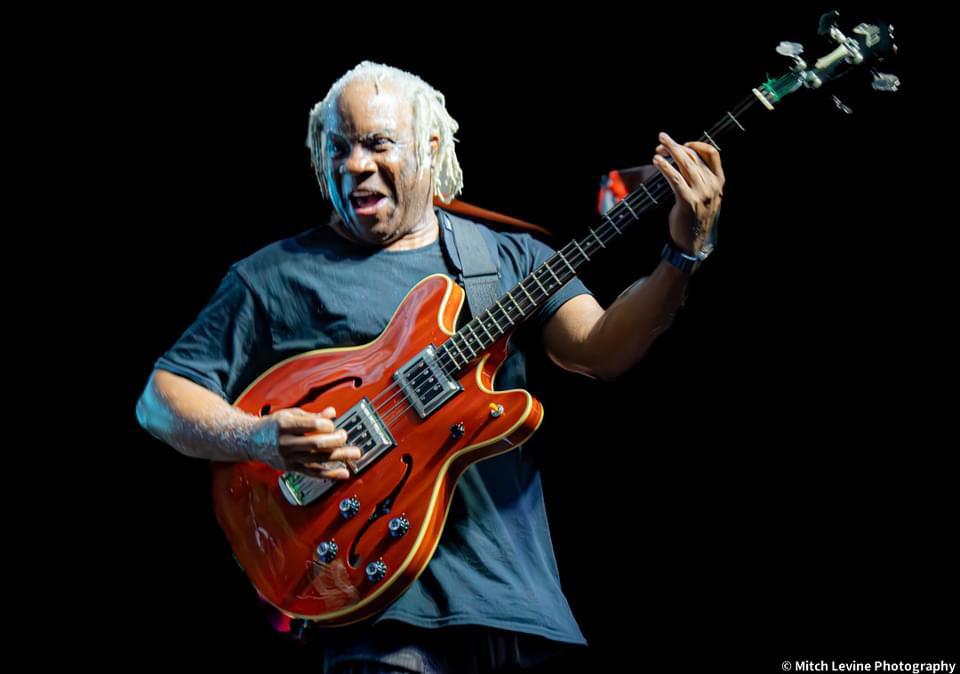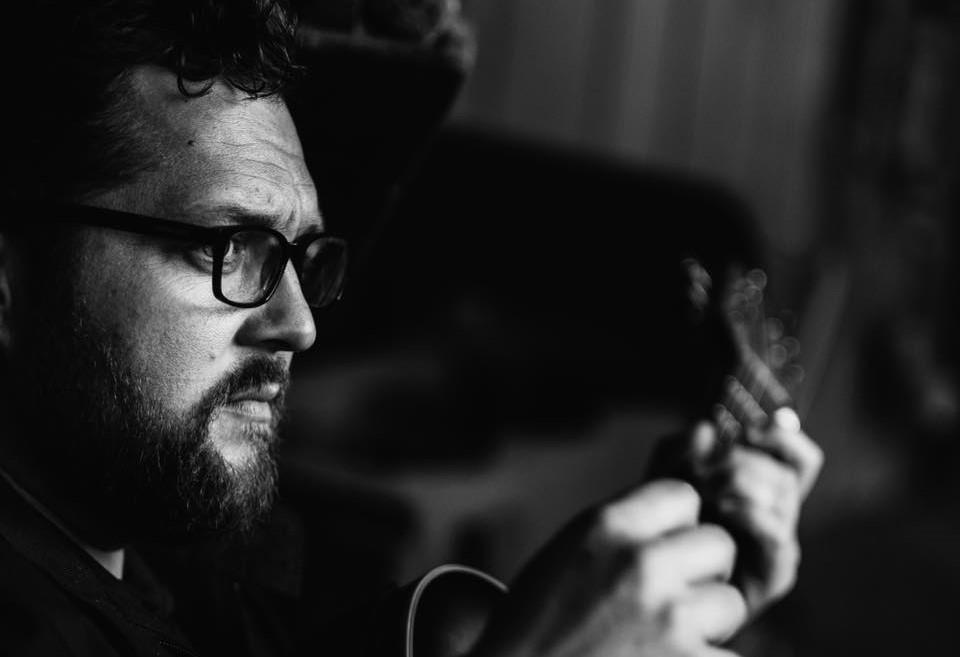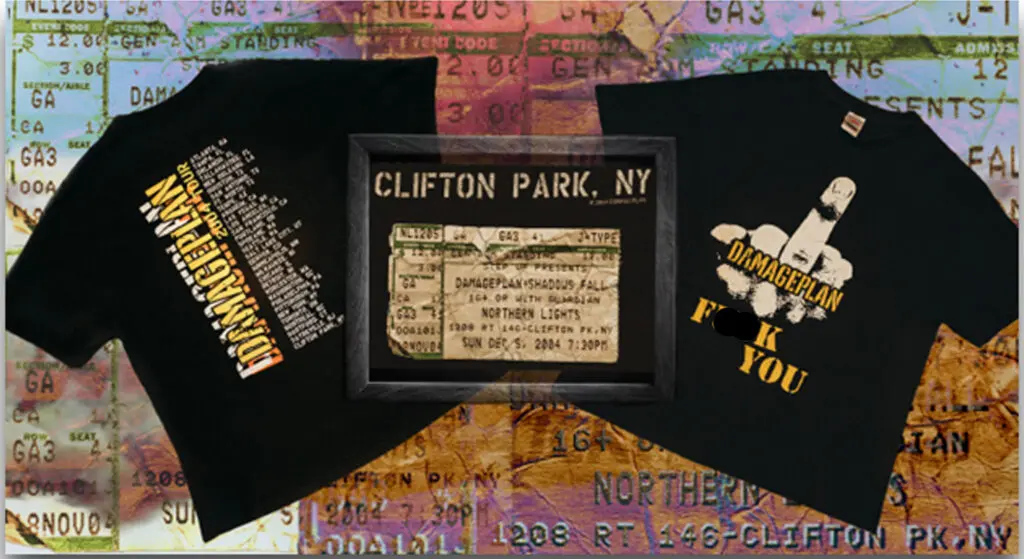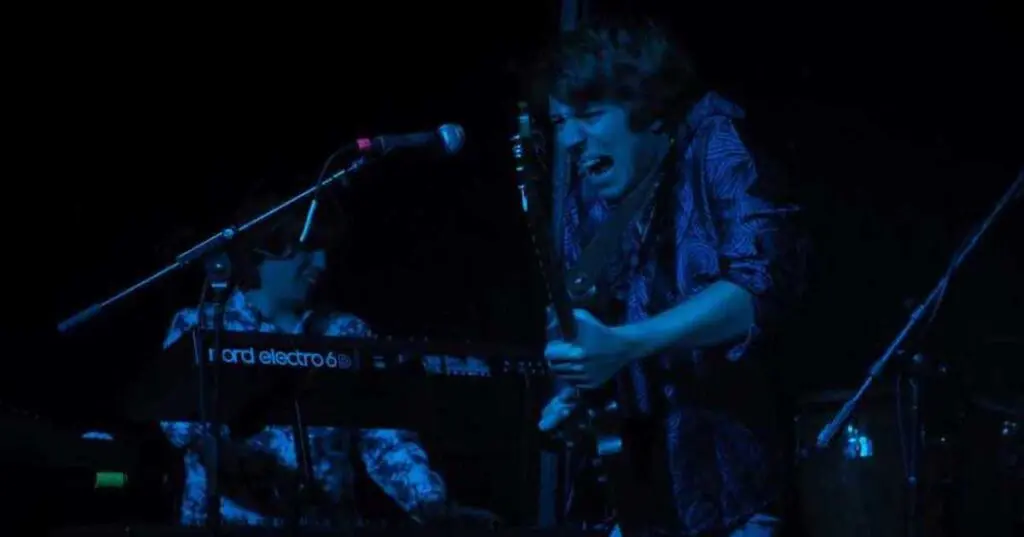DIY Underground – An Xperience Article
Written by Staff on November 27, 2024
DIY Underground – An Xperience Article – by Liam Sweeny.
Zeke Motzer was in the courtroom when I first called, and in the seconds we spoke, I had no way of knowing that she was there to see a 21-year-old man get convicted of the murder of a 25-year-old man named Ben Rowe, whose senseless death spoke little of the life he brought to the underground music scene in Albany. He and his apartment-turned-DIY-venue, The Rat Den, were instrumental among U Albany and Saint Rose students, as well as others, in giving independent musicians a stage in some cases, and a chance in all cases.
“[Ben Rowe’s] passing has been tragic for the music community, especially the DIY community,” Zeke said when we were able to talk. “He was very largely at the center of it, especially on the hardcore side of things. He and I grew really close when we started booking together. … I’d been at it for six to eight months, but we sort of built our communities together and he was very much a leader and very much like a life in the community. One of his biggest talents was making people feel safe and comfortable coming out to shows and getting out of their comfort zone, and being in new spaces and in new situations.”
Zeke, like Ben, operated a house venue called Caesar’s Palace, and she continues with the music, but not the venue. Being a DIY concert space has its challenges, most of all not getting caught. When would-be presidential assassin John Hinckley was scheduled to play Caesar’s Palace, he canceled, and in the back and forth on social media, a local reporter was able to find Zeke’s name and address, which was published, and it led to the city taking action against the venue. It also “doxxed” six college students.
Zeke recounted the result. “It was unfortunate. A few weeks later they came out and inspected the whole place, and I had to go down to the City Clerk’s office and sign some papers, but nothing really came of it,” she said. “And then we just decided to start throwing shows basically everywhere else in Albany. But at that point, there were five or six house venues within a mile of my house. It was like this whole community was there; there was a house show to go to every night of the weekend if you wanted to.”
Another member of the DIY scene is Aidan Hennessey with his venue The Dojo, a multilevel space with entertainment on every floor, including the attic. Especially the attic.
“Our basement would be sort of like an art show with a couple of different vendors and stuff like that,” Aidan said. “And then upstairs in the attic, there would be music and sometimes we sort of sprinkle in a comedy show. We had a couple of different sort of faces to it. So we had an attic that was just a fully kitted-out stage, and then we had a balcony patio where we could do lighter acoustic stuff. So there were different looks to it. One thing I like to say about the Dojo was you never knew exactly what you were gonna see when you went to a Dojo show.”
The Dojo, The Rat Den, Caesar’s Palace, and the many other houses that make up the DIY scene have to be underground for fear of the city shutting them down. But the relationship between the city and the scene is one filled with more subtle barriers that can’t be solved with a license or permit.
Aiden gives an example. “One thing that sort of comes to mind is those DJ nights under Jennings Landing,” he said. “They were doing these shows that weren’t permitted. And they were kind of getting the go-ahead from the city, this sort of like tacit encouragement. Meanwhile, we had punk shows going on at the skate park and those were getting shut down left and right. So there is a certain level of that type of bureaucracy that keeps stuff underground while encouraging a different demo. I’m happy that those folks can do those DJ nights. It’s just that because we are young punks, we don’t get to play our music outside in municipal spaces, and other people do. So that’s sort of one example of that type of institutional barrier.”
There aren’t as many DIY spaces in the Pine Hills neighborhood currently, perhaps only one, where before there were six in walking distance of each other. But the loss of these venues has come hand in hand with the growth of the scene into more mainstream play. When Caesar’s Palace was shut down, Zeke created CZR Entertainment and put on shows in other houses, and eventually elsewhere.
“What really sort of got me involved in the next phase of the music community was us getting shut down and looking for new places to throw shows,” she said. “So when Caesar’s Palace got shut down, we had, I think, eight shows that we had to move to different places. And we moved some of those shows to other house venues. We also moved some of those shows to Pauly’s and then we started throwing shows at No Fun on occasion. Getting shut down as a house venue sort of opened the doors to those other avenues for at least what we were doing at the time. It didn’t really feel like we were competing with those venues at all because we were doing something different. We were bringing a whole different crowd than what those places were bringing.”
Mike Valente is a talent buyer. He brings top acts to one of the largest independent venues in the Capital Region. He’s also been in the underground music scene his whole life, and he shares a perspective on DIY that highlights the divide between past and present.
“House shows are not new,” he said. “It’s not a new thing. As a kid, I played everybody’s garage, everybody’s living room, everybody’s VFW, any place I could go just to get the word out, have some fun, party with some friends. But yeah, the house shows, that scene, I’ll give you a prime example: I used to do one yearly party, like in the early ‘90s. And you can’t even touch this with a 10-foot pole these days. But I used to do 10 kegs and do $5 a cup, and I would have a band play, and there’d be hundreds and hundreds of people there. I mean, it’s a little bit more extreme than some stuff, but it’s been going on forever. If there was a community of kids that like a certain genre of music then you’re gonna find some sort of house party somewhere.
He noted a slight difference between then and now, a detail which may have allowed the recent house shows to thrive. “I think it was more dangerous back then,” he said. “The cops would break it up a little bit faster than they do these days.”
The underground DIY music scene in Albany has a young crowd, and is very different from the mainstream. But Zeke has a broader hope.
“We should highlight the divide between the younger DIY-centric crowd and the mainstay, only-going-to-Bruce-Springsteen-type crowd,” she said. “I think that there’s a huge divide that really can be swallowed up and erased by building community. I want kids to bring their parents to shows. I want people of all ages at shows. And I love seeing people you never expect to see in a basement. You know what I mean? Like, I think that that’s one of the most important parts of community building. Making people feel welcome, making people feel comfortable. That’s something that Ben was the best at too. It’s like, go up to people, introduce yourself, especially when you’re the one hosting the show.”





 RadioRadioX
RadioRadioX